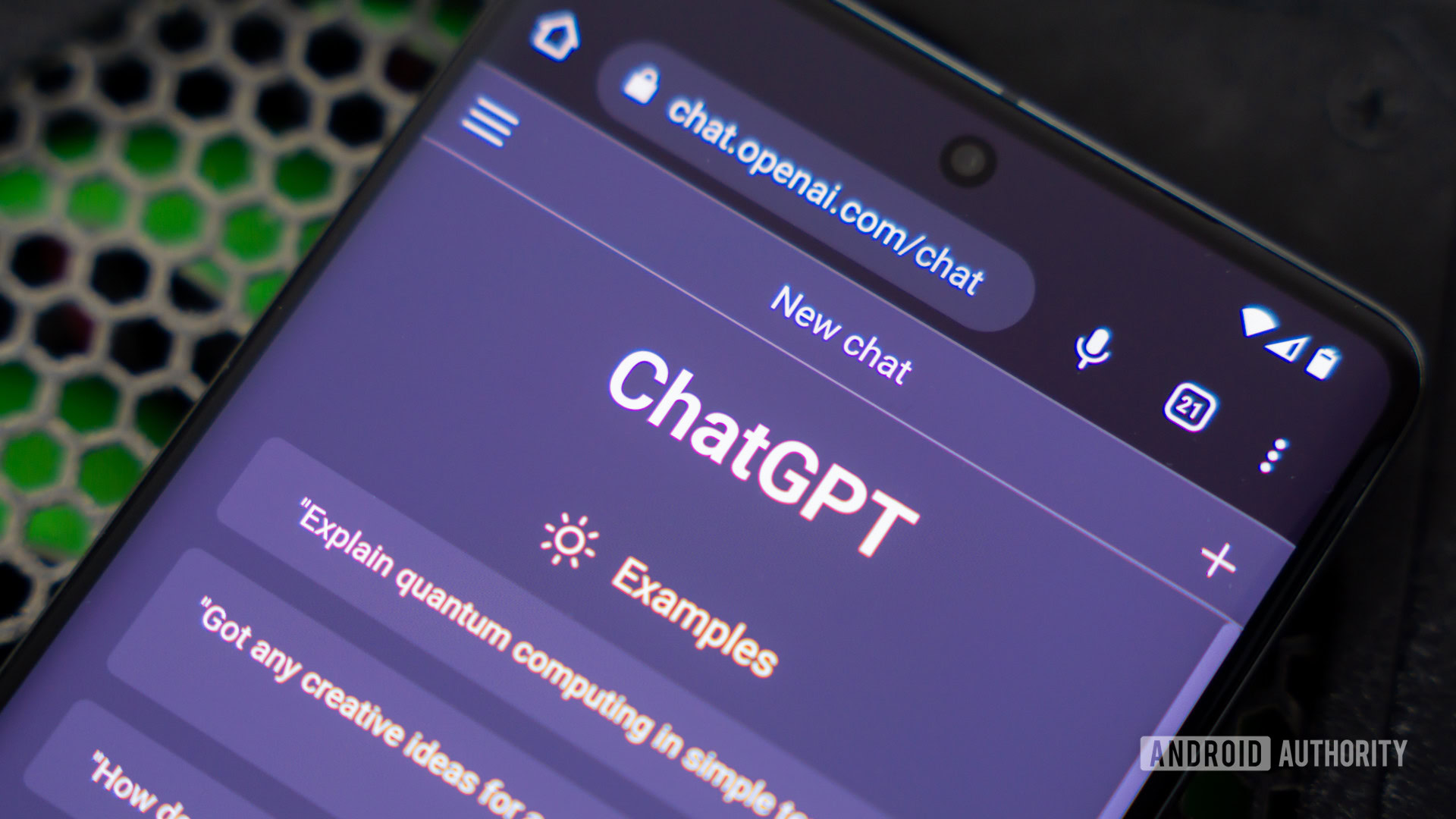
- Early reviews of OpenAI’s SearchGPT are trickling in, showcasing a mix of excitement and reservation about its capabilities.
- While some users find SearchGPT effective for specific queries, such as event planning or coding issues, it has its flaws.
- Like other AI models, SearchGPT still suffers from “hallucinations,” sometimes presenting inaccurate information.
OpenAI, the brains behind the wildly popular ChatGPT, has set its sights on the search engine arena with its new contender, SearchGPT. Announced in July, SearchGPT aims to rival Google Search by offering a new AI-driven approach to finding information online. However, a new report by The Washington Post suggests that the tool may not yet be ready to challenge Google’s dominance.
SearchGPT aims to offer a streamlined search experience by delivering concise, organized responses rather than a list of search results. It compiles its answers using data from Bing and other sources, and OpenAI envisions it as a comprehensive resource for users seeking information. Notably, Google also started showcasing AI-generated results above its typical search results, which are called AI Overviews.